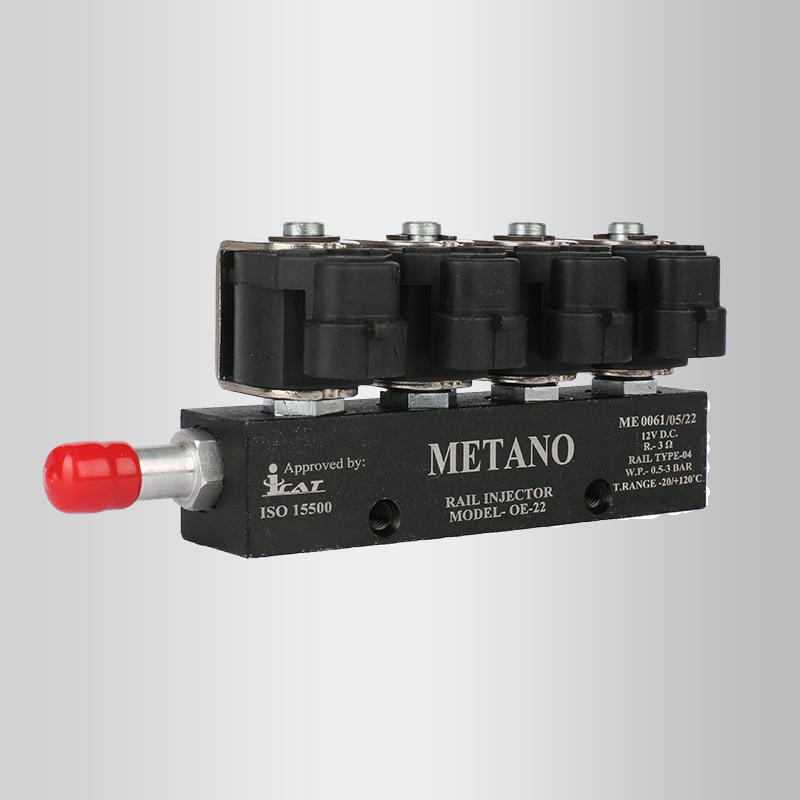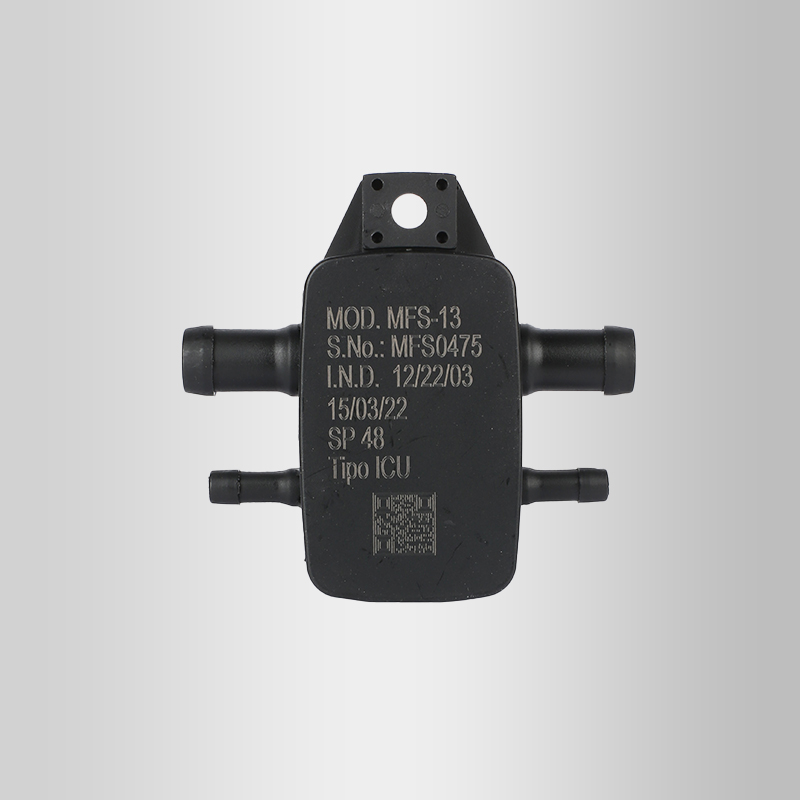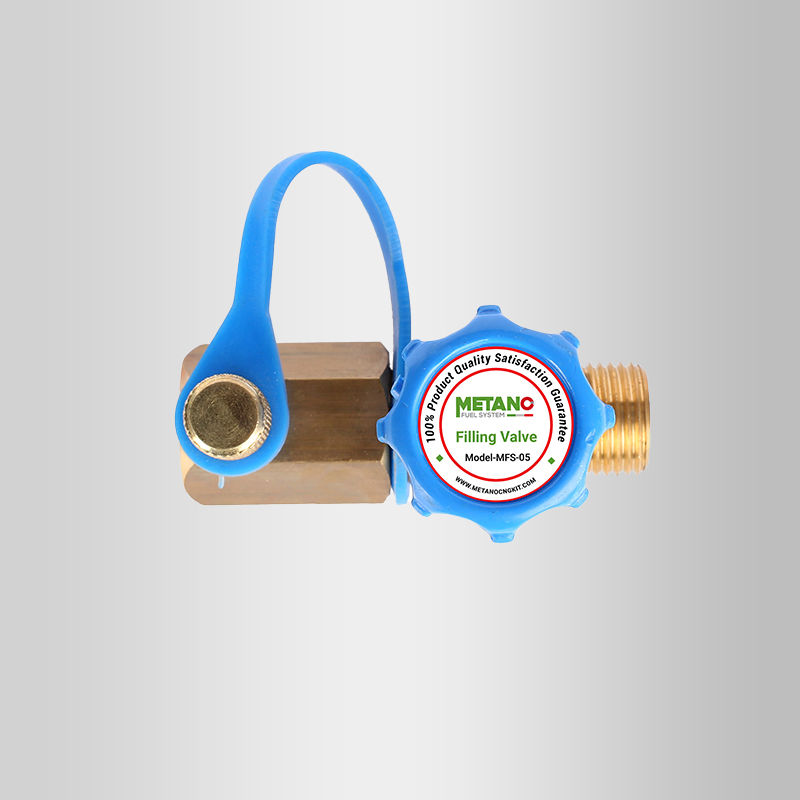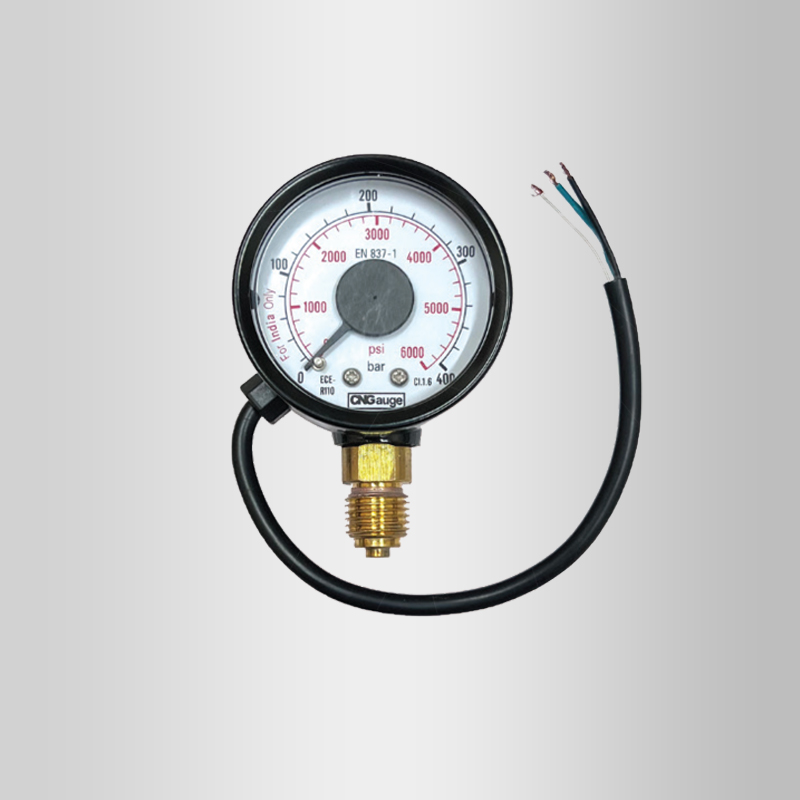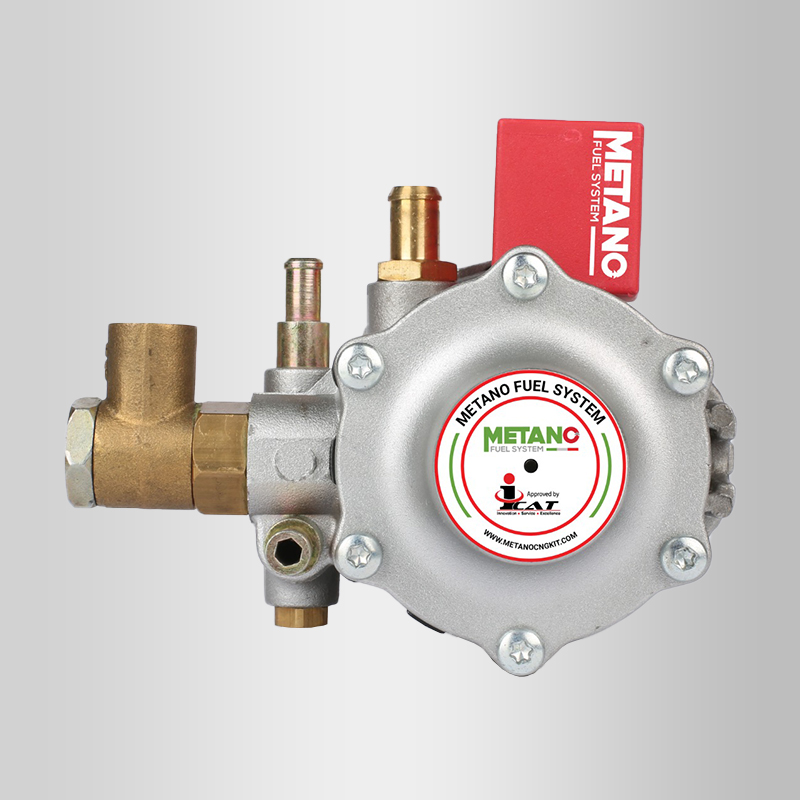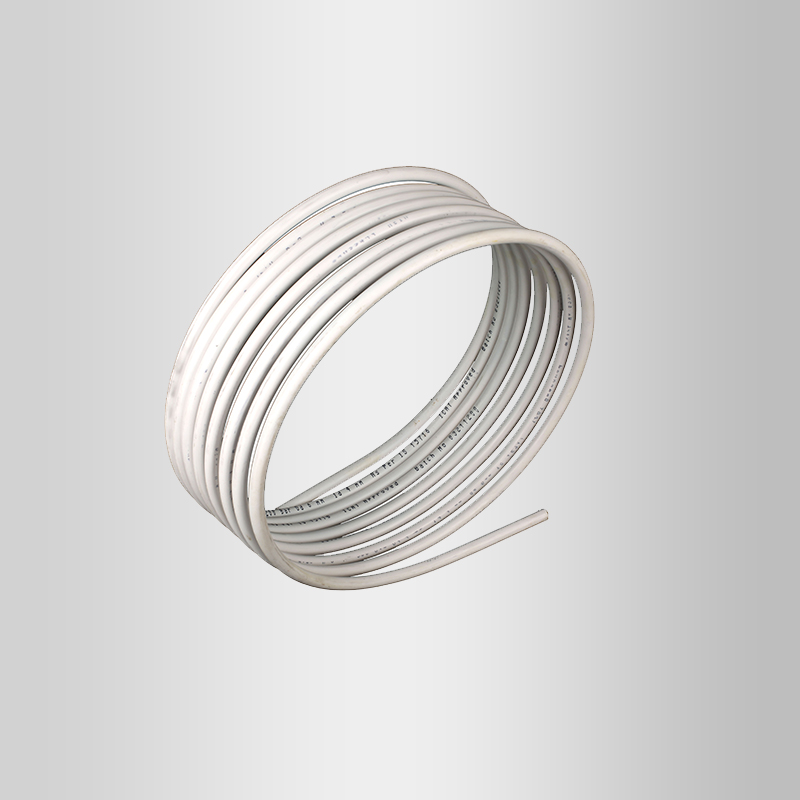
The CNG steel pipe is a crucial component in CNG-powered vehicles, responsible for safely transporting compressed natural gas from the cylinder to the engine’s reducer. Typically about 5.9 meters in length, this durable pipe runs the full length of the vehicle, connecting the rear cylinder compartment to the front engine compartment. It plays a key role in maintaining the smooth and secure flow of high-pressure CNG, ensuring the vehicle operates efficiently.
Given the vital function of the CNG steel pipe, its quality and reliability are of utmost importance. High-quality pipes are crafted from strong materials that can withstand the extreme conditions of high-pressure gas flow, as well as exposure to factors like temperature changes, moisture, and vibrations from the road. To ensure safety and performance, these pipes undergo extensive testing under real-world conditions to guarantee their durability and reliability.
These pipes also comply with the ISO 15500 standard, an internationally recognized guideline that ensures the safety and performance of components used in gaseous fuel systems. This adherence to global standards assures that the CNG steel pipes meet strict safety, quality, and environmental benchmarks. With their robust construction and precise engineering, CNG steel pipes contribute significantly to the overall safety, efficiency, and dependability of CNG vehicles.




